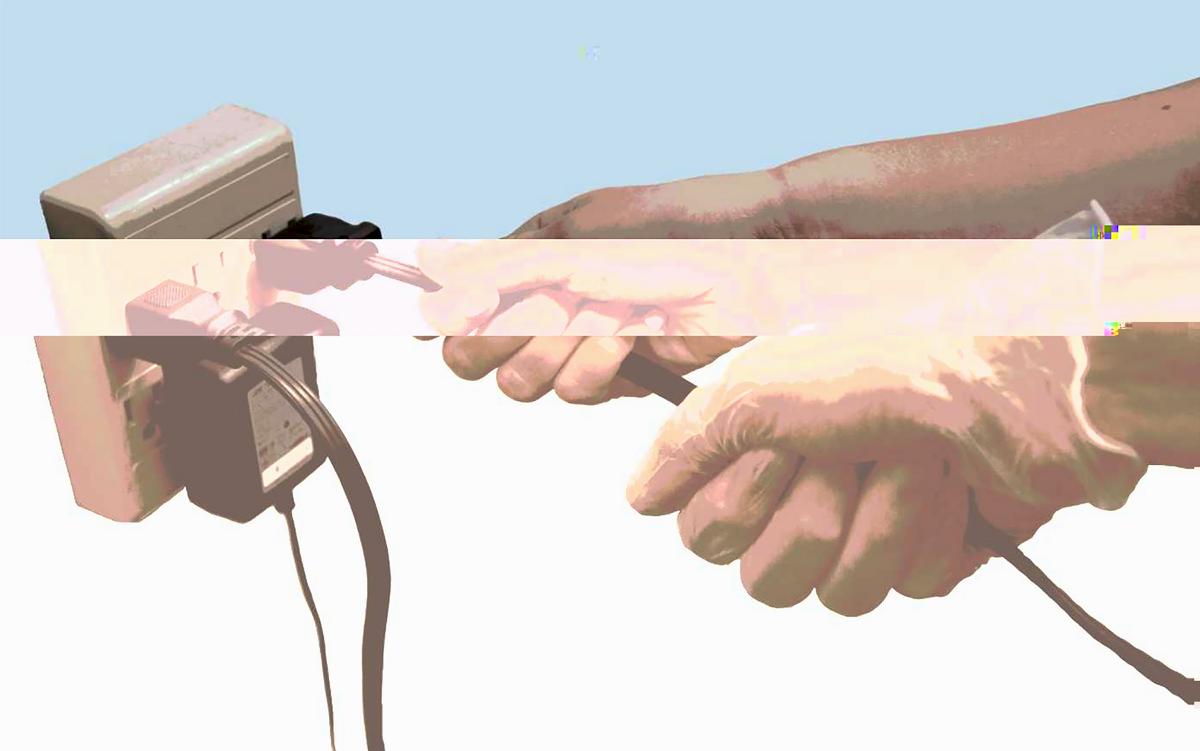For Brittany Maynard, a slow, painful death seemed unbearable. After being diagnosed with glioblastoma multiforme, an aggressive form of cancer, her doctor’s recommended medical treatment involved brain radiation, which would cover her scalp in first degree burns. Understandably, Maynard began looking for alternate ways to deal with her disease. But Maynard and her husband of just over a year soon realized no treatment existed which would save Maynard’s life. Most of them would make the time she had left all but unlivable.
Maynard and her husband eventually decided, after much research and discussion, to choose when Maynard would end her life according to her article published by CNN. In this way, she chose a painless death over a slow battle with a particularly painful type of cancer.
But how does this decision affect a person? Taking one’s life into their own hands and choosing the date and time when they will die seems unnatural. Assisted suicide gives someone the opportunity decide when they want their life to end.
Most of the public discourse involving Maynard’s choice has aligned with two basic beliefs about human nature. The first affirms man’s autonomous right to make decisions for and about his own life. Following this belief, Maynard and her family acted within their moral rights to dictate the course of her life and eventual death.
The second argument focuses on the importance of compassion as a grounds for decision making. Because Maynard would have suffered if she would have continued living, there appears to be a kind of mercy in her taking her own life before she slowly, painfully let the cancer take it instead.
Both of these arguments seem to rely on an incomplete view of a fundamental truth about humanity. While God does allow man to steward his own life, even to the point of death, we have clear exhortations to not take life from the Ten Commandments. This value we place on life as Christians makes Maynard’s story deeply tragic and disturbing. Her statements about “dying with dignity” imply the existence of a point in which human life becomes undignified and valueless.
Letting compassion motivate us seems to be in keeping with the Jesus’s golden rule to treat others the way you would want to be treated. But action that appears well motivated does not necessarily constitute right action. While the decision to mitigate pain can often be the right decision, pain can serve useful functions. This hard and often angering must be presented in the correct context with grace and humility.
By taking her life, Maynard probably avoided serious amounts of pain. However, she also avoided the potential benefits which accompany serious pain. Often pain, even when it seems pointless and ends in a cruel and messy death, can lead to something beautiful and redemptive. Jesus’s death seems to exemplify this difficult but important truth.
It takes courage to face death the way that Maynard decided to. But it also takes courage to endure life, with all of its unfairness and bone-crushing pain.







